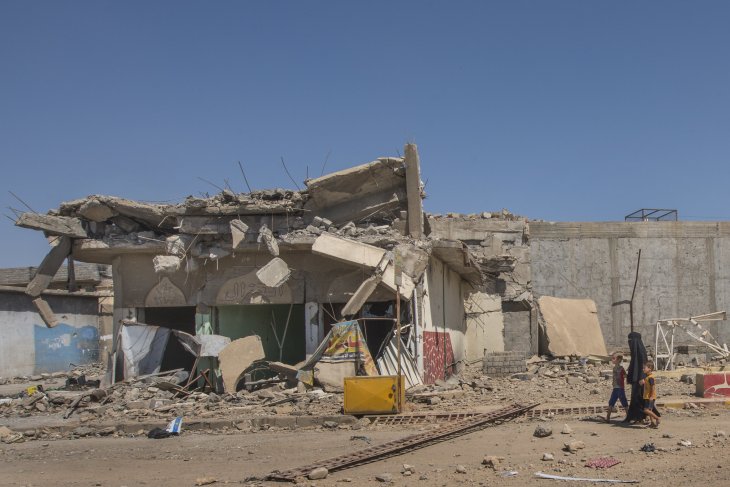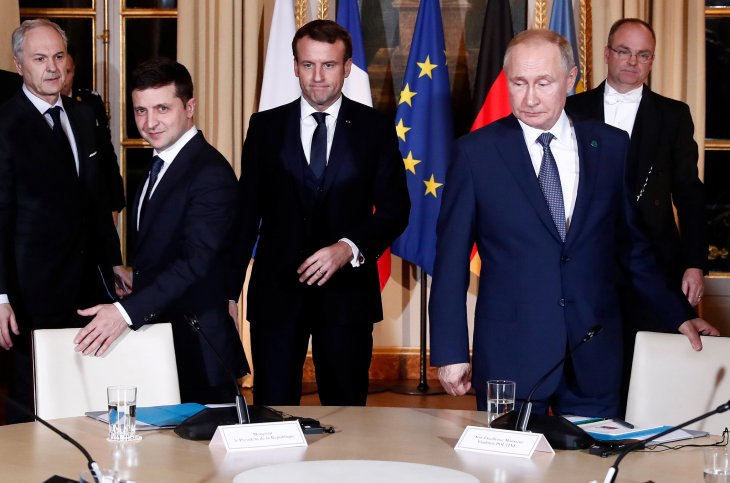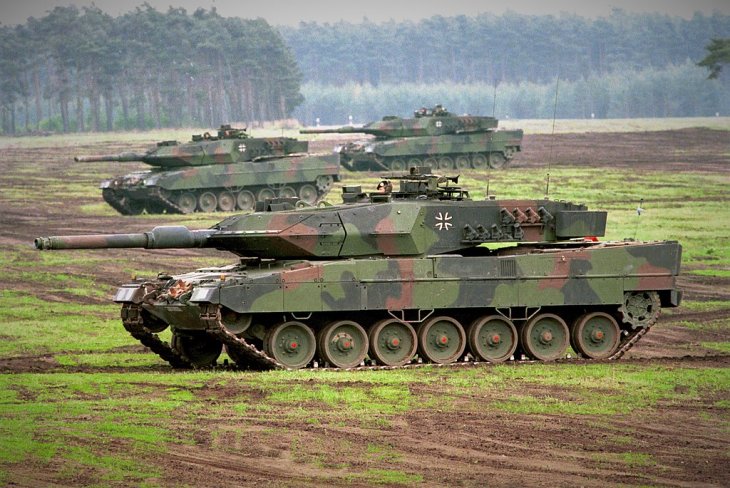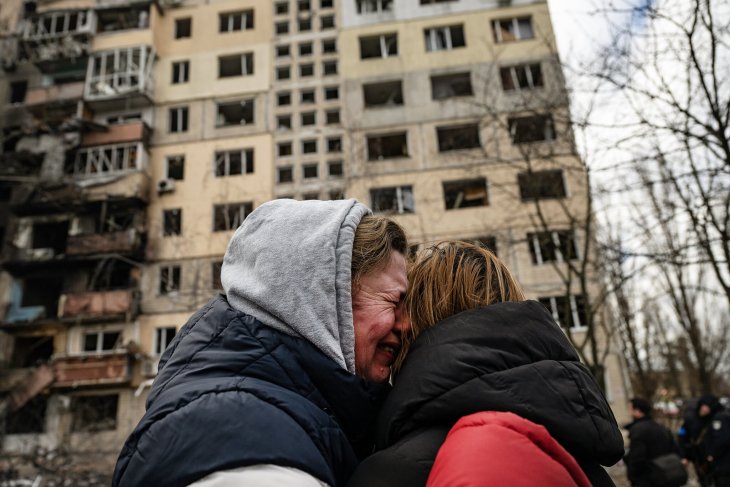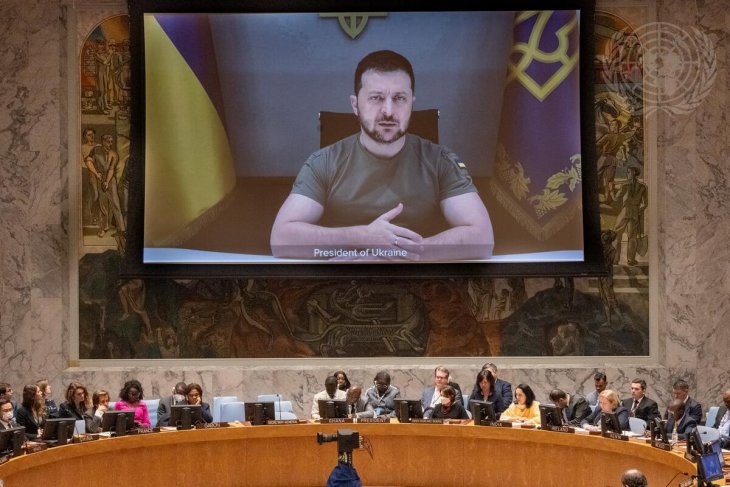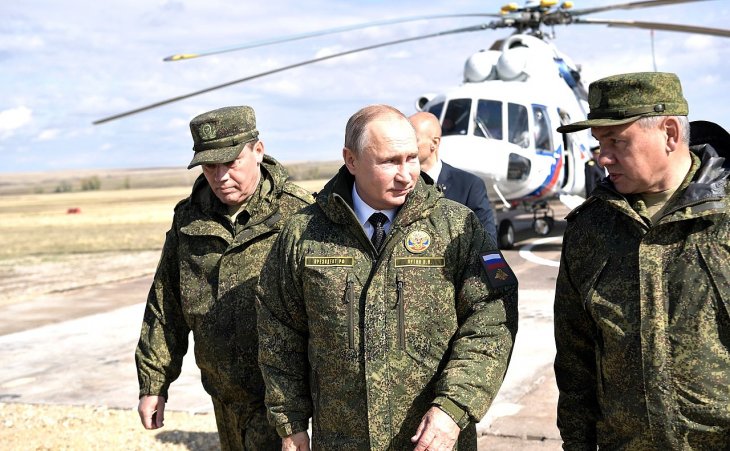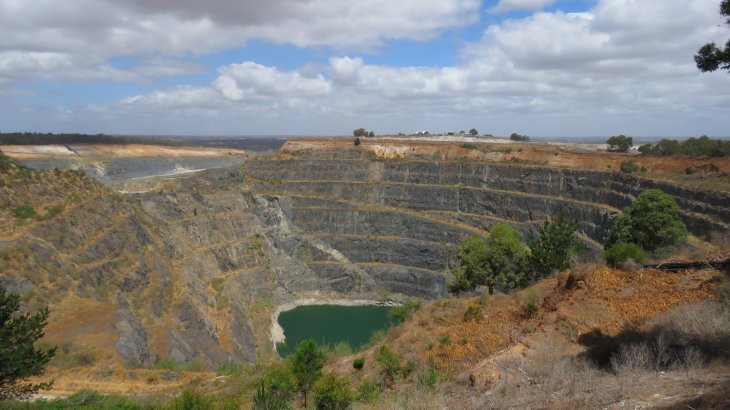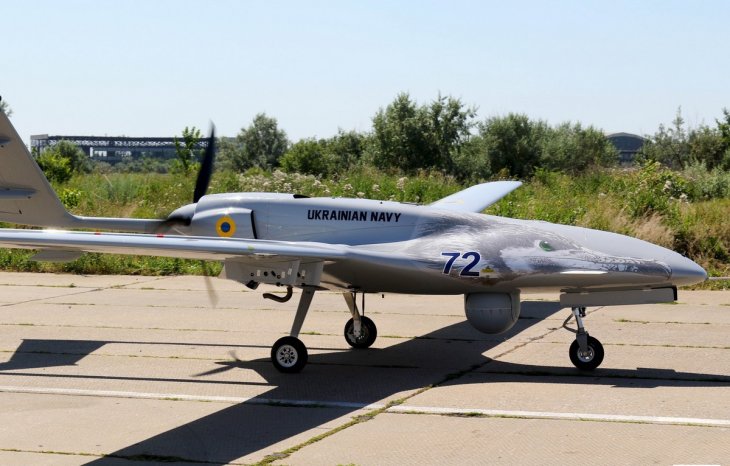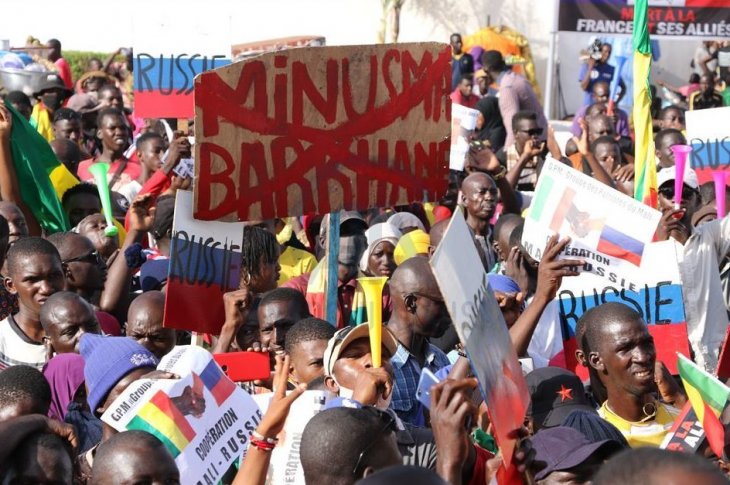The broad coalition built last week for supplying main battle tanks to Ukraine signifies a new surge in strengthening the unity of the US-led Western alliance, and Russia has had no response to this upgrade.
It will take a few months to train and equip new armored battalions in the Ukrainian army for breaking through the Russian trenches in Donbas, but the political reverberations of this agreement are instantaneous, and the new level of Western unity may be discomforting for some actors in the Global South.
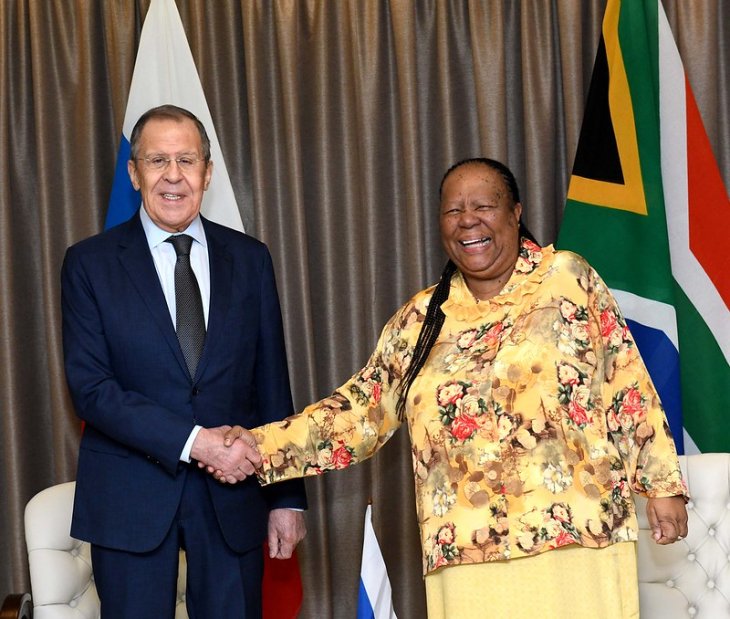
The South African Minister of International Relations, Naledi Pandor, and Minister of Foreign Affairs of Russia, Sergey Lavrov in January 2023. Photo: Ministry of International Relations of South Africa
Russian Foreign Minister Sergei Lavrov, paying a working visit to South Africa on January 23, tried to impress upon the attentive hosts that their position of neutrality could become less strict due to the hostile West’s escalating pressure on Russia (RIA Novosti, January 27). Yet, while few practical results came from Lavrov’s labors, the fake anti-colonial discourse finds more than a few receptive audiences (Izvestiya, January 27).Read More
